Why is my dog whining in sleep?
Dogs, like humans, experience different sleep stages, including deep sleep and REM (Rapid Eye Movement) sleep, during which they may exhibit behaviors such as whimpering or crying.
REM sleep is the phase of sleep associated with dreaming, and vocalisations like whimpering are thought to occur as dogs process their daily experiences (Siegel, 2005).
Research suggests that smaller dogs tend to have more frequent, shorter dreams, while larger breeds experience longer but less frequent episodes (Evans & Mellen, 2000).
Notably, if a dog’s whimpering is consistent or excessive, it could indicate physical discomfort such as from arthritis or injuries or sleep disturbances. This may be more noticeable in aging dogs or those with underlying health conditions (Bennett & Spector, 2006). While occasional whimpering during sleep is often a normal part of a dog's dreaming process, persistent or intense whining in sleep may indicate underlying medical conditions. Neurological disorders, including seizure activity, might also manifest as whimpering or other movements during sleep. Additionally, respiratory issues can cause discomfort, leading to sleep disturbances accompanied by vocalizations. If your dog consistently whimpers during sleep or exhibits other concerning behaviors, it's essential to consult with a veterinarian to rule out these or other health issues
As with any changes in behaviour (new or unexpected), or if you notice your dog is showing distress during sleeping or if their sleep cycle is disrupted, consulting with a veterinarian is recommended to ensure their well-being.
Why Is My Dog in Pain All of a Sudden?
Possible Causes:
-
Injury: Sudden pain can result from injuries like sprains, strains, or fractures. For instance, a dog that lands awkwardly after jumping may tear a ligament, causing immediate discomfort.
-
Acute Medical Conditions: Conditions like pancreatitis or urinary obstructions can cause sudden pain. Pancreatitis, inflammation of the pancreas, typically presents with severe abdominal pain, vomiting, and lethargy.
Evidence-Based Insight: The American Animal Hospital Association (AAHA) notes that traumatic injuries, including fractures and sprains, are common causes of acute pain in pets.
Example: A dog suddenly yelping and lifting a paw after a run may have sustained a soft tissue injury or fracture. Immediate veterinary attention is needed to assess and manage the injury.
Why Is My Dog in Pain When I Pick Him Up?
Possible Causes:
-
Musculoskeletal Issues: Conditions like intervertebral disc disease (IVDD) can make picking up a dog painful. IVDD occurs when the cushioning discs between the vertebrae bulge or rupture, pressing on the spinal cord and causing pain.
-
Abdominal Pain: Internal issues such as gastrointestinal problems or organ inflammation can cause discomfort when pressure is applied to the abdomen during lifting.
Evidence-Based Insight: According to Cornell University College of Veterinary Medicine, dogs in pain often exhibit altered posture or sensitivity to touch, which can make them react negatively when picked up.
Example: A dog with IVDD may cry out when picked up due to spinal pain. They may also show reluctance to jump or climb stairs. Veterinary imaging can confirm the diagnosis and guide treatment.
Why Is My Dog in Pain on Her Period?
Clarification: Female dogs do not menstruate like humans. They experience an oestrous cycle, also known as being “in heat.” While hormonal changes can cause mild discomfort, significant pain is rare.
Possible Causes of Discomfort:
-
Hormonal Changes: Hormonal fluctuations can lead to mild discomfort or restlessness.
-
Reproductive Tract Issues: Conditions like pyometra (a uterine infection) can cause severe pain and are medical emergencies.
Evidence-Based Insight: The Blue Cross highlights that while behavioural changes during a dog's heat cycle are normal, signs of pain should prompt veterinary attention, as they could indicate underlying health issues.
Example: A female dog in heat showing signs of lethargy, abdominal swelling, or excessive panting could have pyometra. Immediate veterinary care is essential in these cases.
Are Dogs in Pain When in Heat?
General Observation: While the heat cycle doesn’t usually cause significant pain, it can lead to some mild discomfort due to swelling and hormonal fluctuations.
Possible Causes of Discomfort:
-
Swelling: The vulva swells during heat, which might cause mild discomfort.
-
Behavioural Changes: Restlessness, agitation, or changes in mood are common.
Evidence-Based Insight: Dogs Trust notes that while mild discomfort is normal during heat, any signs of severe pain should be evaluated by a veterinarian to rule out conditions like ovarian cysts or uterine infections.
Example: A dog in heat might become more vocal or restless, but should not show significant pain. If she does, conditions like ovarian cysts or uterine infections need to be ruled out.
Will a Dog in Pain Eat?
Impact of Pain on Appetite:
-
Decreased Appetite: Pain, particularly from dental or abdominal issues, can cause a reduced appetite.
-
Normal Appetite: Some dogs may continue eating despite pain, depending on its source and severity.
Evidence-Based Insight: The American Animal Hospital Association notes that while some dogs may eat less when in pain, others maintain their normal eating habits, making appetite an unreliable indicator of pain.
Example: A dog with a tooth abscess might refuse kibble due to oral pain but will still consume soft food. A dog with arthritis might continue eating normally despite joint discomfort.
Will a Dog in Pain Sleep?
Impact of Pain on Sleep:
-
Increased Sleep: Some dogs may sleep more to avoid pain.
-
Decreased Sleep: Pain can cause restlessness, preventing a dog from settling comfortably.
Evidence-Based Insight: Cornell University highlights that sleep disturbances, such as restlessness or excessive sleep, can be a sign of pain in dogs.
Example: A dog with arthritis may struggle to find a comfortable position, leading to disrupted sleep. Alternatively, a dog with systemic illness may show increased lethargy and sleep more than usual.
Will a Dog in Pain Play?
Impact of Pain on Playfulness:
-
Reduced Playfulness: Pain often results in decreased interest in play or physical activity.
-
Continued Play: Some dogs may continue to play, masking their pain due to excitement or a strong desire to engage.
Evidence-Based Insight: Dogs Trust observes that although pain can reduce activity levels, some dogs may continue to engage in play, especially if their desire to play outweighs the pain.
Example: A dog with mild hip dysplasia may still enthusiastically chase a ball despite experiencing joint discomfort.
What Sound Does a Dog in Pain Make?
Common Sounds of Pain:
-
Whining or Whimpering: A common vocalization of discomfort.
-
Yelping or Crying: If the pain is sharp or sudden, dogs may vocalize loudly.
Evidence-Based Insight: Vocalisations, such as whining or yelping, are common signs of pain in dogs. These sounds are often associated with sudden pain or fear, prompting immediate attention.
Example: A dog yelping when touched or trying to move could be experiencing acute pain from an injury, like a sprained leg or dental issue.
See FAQs Part 2 Why is my dog in pain for more information
References:
-
American Animal Hospital Association (AAHA):
- 2022 AAHA Pain Management Guidelines for Dogs and Cats. Retrieved from https://www.aaha.org/aaha-releases-2022-pain-management-guidelines-for-dogs-and-cats/
-
Cornell University College of Veterinary Medicine:
-
Recognizing pain in dogs. Retrieved from https://www.vet.cornell.edu/departments-centers-and-institutes/riney-canine-health-center/canine-health-information/recognizing-pain-dogs
-
Intervertebral disc disease. Retrieved from https://www.vet.cornell.edu/departments-centers-and-institutes/riney-canine-health-center/canine-health-information/intervertebral-disc-disease
-
Degenerative myelopathy. Retrieved from https://www.vet.cornell.edu/departments-centers-and-institutes/riney-canine-health-center/canine-health-information/degenerative-myelopathy
-
Osteoarthritis. Retrieved from https://www.vet.cornell.edu/departments-centers-and-institutes/riney-canine-health-center/canine-health-information/osteoarthritis
-
-
Blue Cross:
- Caring for a dog in heat. Retrieved from https://www.bluecross.org.uk/pet-advice/caring-for-a-dog-in-heat
-
Dogs Trust:
- Understanding your dog’s behaviour. Retrieved from https://www.dogstrust.org.uk/help-advice/factsheets-downloads/factsheetunderstandingyourdogsbehaviour09.pdf

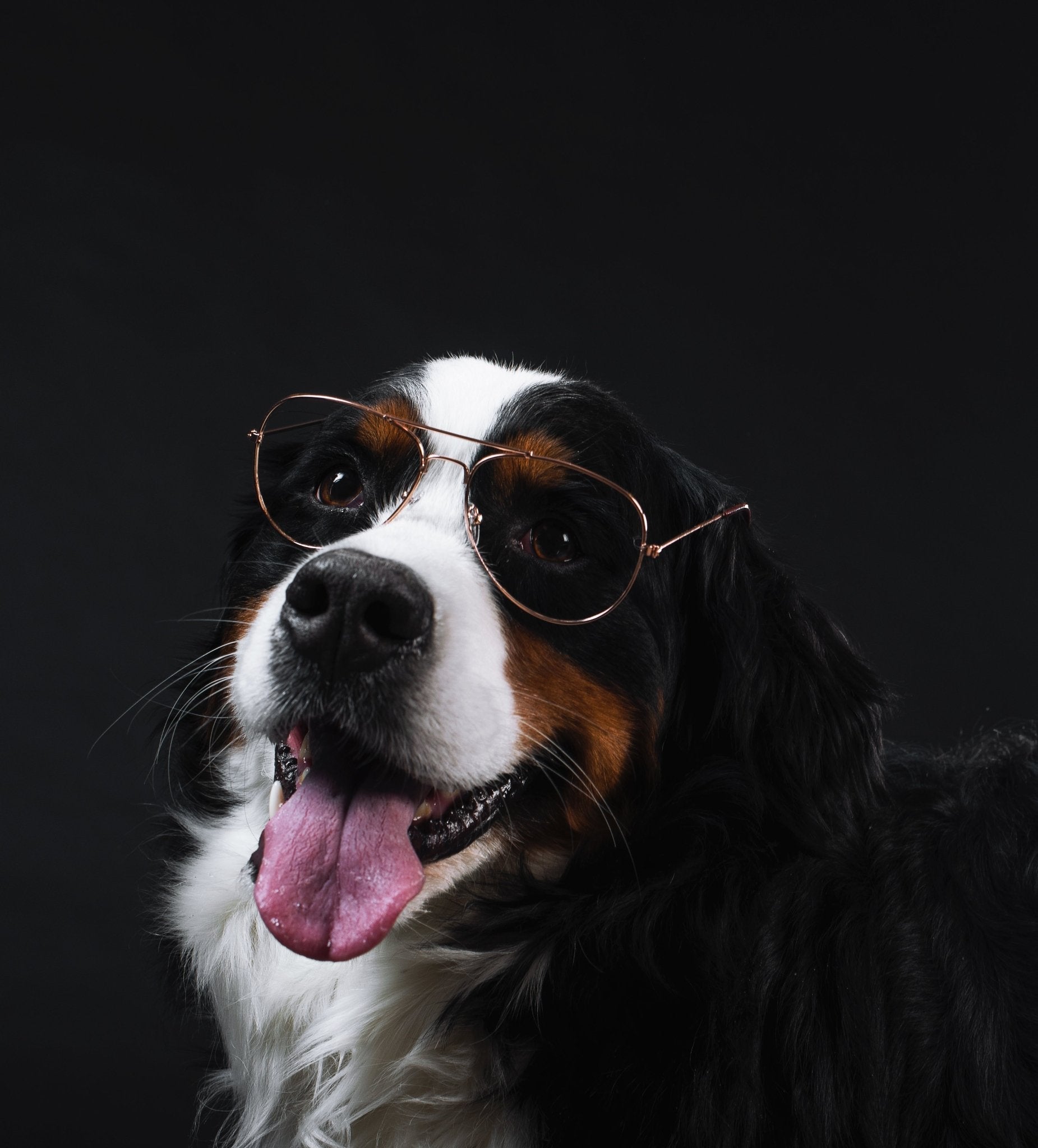





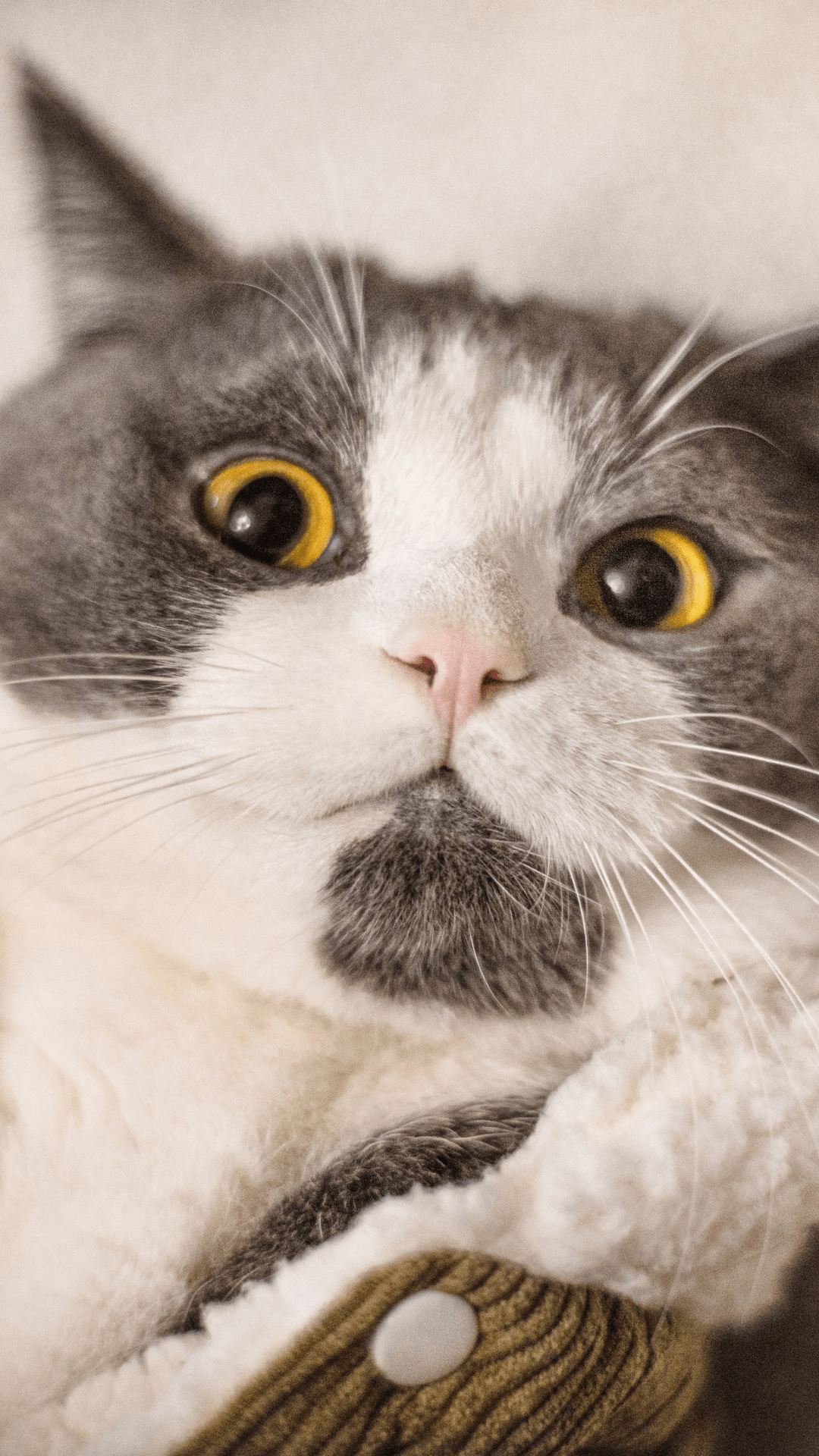


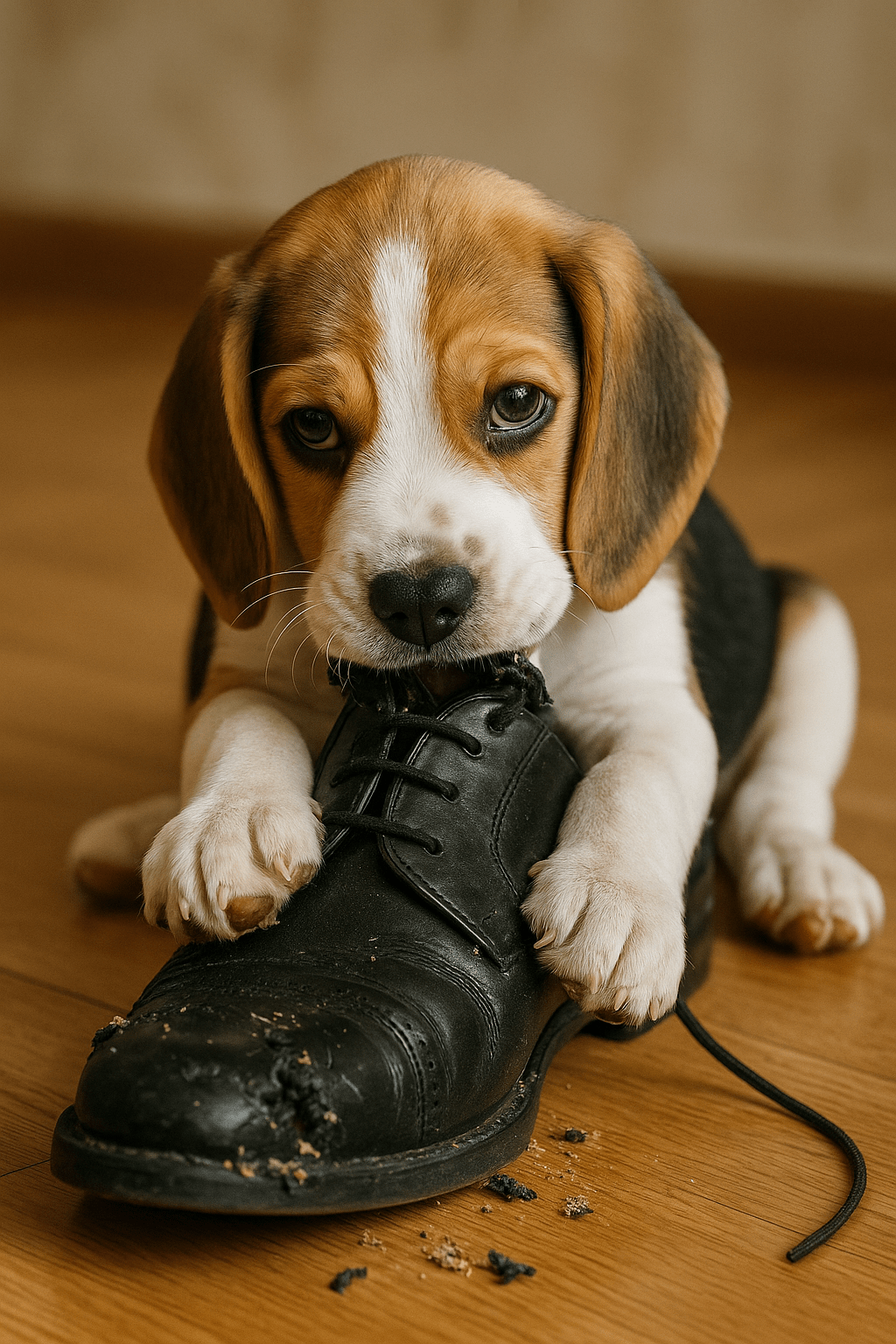
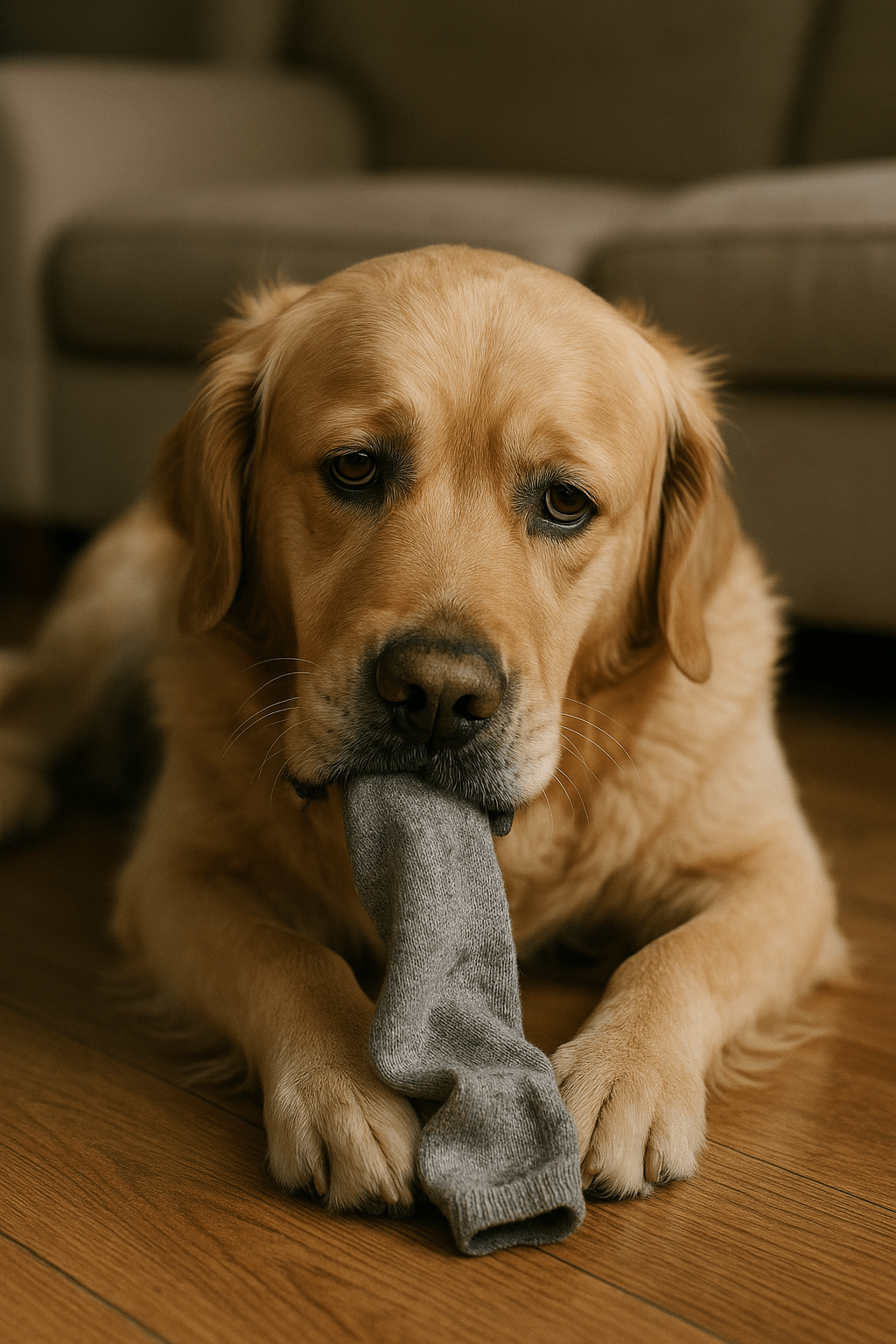
Share:
Why Protecting Pet Scent Identity Is Important
FAQs About Dog Pain - Part 2